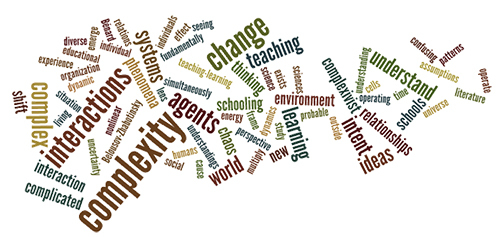
Roland Kupers wants students to develop the kind of habits conducive to understanding their world in all its complexity. This means understanding how complex systems work and how systems thinkers think about complex problems. Kupers believes it also means developing new teaching approaches.
Our world is full of complex causality, from stock market exchanges to weather oscillations. Understanding complex causal systems is fundamental to navigating the contemporary world, yet Kupers believes that complex causality gets no more than an occasional nod under traditional systems of learning. He emphasizes the practice of tolerating uncertainty, finding non-linear links, and making resolute inquiry into intricate problems. Students should learn to look at complex systems as a whole, while still paying attention to the parts.
So how can education help? What kinds of subjects are suited to the science of complexity and which to a more reductionist approach? If the importance of complexity studies has been previously neglected, how do we educate a generation of educators to properly introduce complexity into a complex system of pedagogy? Are there already established academic disciplines that do a good job of thinking about complex systems? We welcome to Eğitim Global Arama Roland Kupers, an independent consultant on complexity, resilience and energy transition, as well as an Associate Fellow at the Smith School of Enterprise and the Environment at Oxford University.
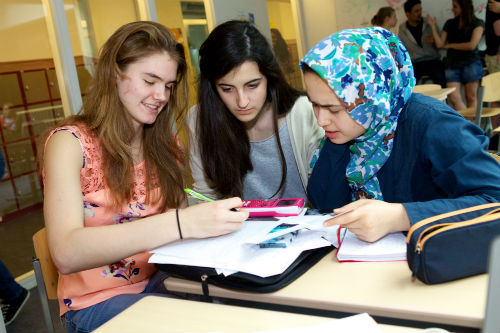
What kinds of subjects are suited to the science of complexity and to a more reductionist approach? How should we handle this distinction?
It’s important not to create an opposition between complexity and reductionism, as reductionism is an immensely successful approach, which should be cherished and valued. One way to think of the relationship is to look at the nature of the system being considered. If there are many elements in the system, and they all influence each other deeply, then there will likely be systemic effects that will not be captured through a reductionist approach – and it requires complexity tools to make sense of it. If on the contrary, the parts can be considered more separately, then the system is less complex and the reductionist toolkit is fine.
The problems of course, occur when it is not so clear: Macro-economic models are largely reductionist although the economy is clearly a complex system. Ancak, many economists will argue that the reductionist approach is close enough to capture reality – and many complexity economists will argue that this is not the case.
Taking a reductionist approach to a complex system is not without perils. Lets look at an example: fishing regulations usually have minimum size limits to protect smaller fish. Linear models suggest that protecting the young fish helps sustain fisheries. But that model is wrong. It is actually some of the larger ones that should be thrown back, as they stabilize the population and provide more and better quality offspring. The reductionist approach can lead to boom and bust cycles. Fishing populations like most ecosystems should be analyzed using complexity tools.
Her halükârda, complex systems are increasingly relevant to our world, as things become more tightly coupled. Whether it is between human society and the natural world, or within human society through increased numbers and wealth, or by testing the carrying capacity of the planet to its limits – we will require following generations to become substantially more systems literate, but also contribute themselves to our currently limited understanding of complex systems.

If complexity studies are important partially because they have been previously neglected, how do we educate a generation of educators to properly introduce complexity into a complex system of pedagogy?
bu zor bir soru, as the education system itself is highly complex, with high degrees of path dependency. There are plenty of strengths to build on, as we found in our early explorations in the International Baccalaureate (IB) sistem. The IB organizing mission of creating a better and more peaceful world necessarily requires an understanding of society as a whole. It also necessarily requires attention for personal development and the connection of the individual with the system around the student. The IB already has elements such as sustained inquiry and conceptual learning along with global engagement, Theory of Knowledge and Approaches to Learning, which are conducive to taking a complex systems perspective.
The primary programs naturally take a more systemic approach, but it gets somewhat lost in the transition to the more cognitive secondary programs. Interestingly the arts and humanities teachers across all years recognize the approach and are keen to explore. There are also some dedicated new tools available.
Yine de, the level of change required is both subtle and profound. In keeping with insights on how systems learn and change, it appears best to experiment widely, connecting and building on pockets of progress. A vast top-down push is unlikely to be effective.
Are there already established academic disciplines that do a good job of thinking about complex systems? What can educators learn from these disciplines?
Evet, most disciplines. The curious thing is that it is most often limited to PhD and post-doc realms of the academic world, with a minor presence in earlier education. The arts and the humanities are possibly the closest, although they sometimes lack the mathematical tools and language. To a lesser extent, this may also hold for the social sciences. The natural sciences and mathematics have traditionally been the most strongly reductionist, but also have a somewhat greater openness to adopting new methods and approaches.
There are complex systems elements in all disciplines, and part of the challenge is providing a language and a toolset that makes those connections and patterns visible: how can a student pose a question in a physics class, based on an insight gained in a poetry class?
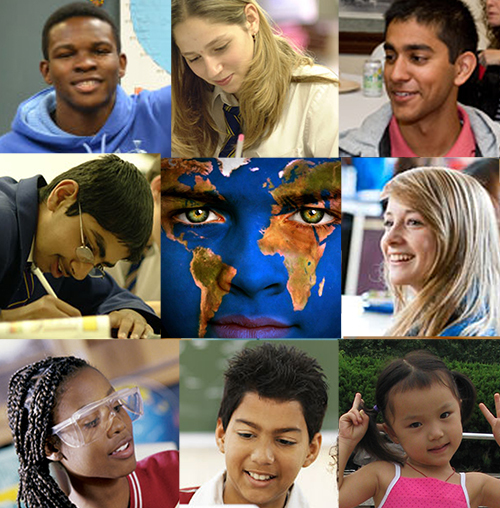
If competency in complexity science is a kind of open-ended intellectual engagement, why think of it as a science?
It is perhaps useful to take a problem-centric approach to this question. If the systems that we are interested in are complex systems, then we need a toolset and a science that fits the problem. Simply wishing the complexity away by making strong assumptions is no longer appropriate, if it ever was. So complexity is simply the extension of the current scientific endeavor to consider a larger class of problems – problems that are very relevant for the world we live in.
It is not a paradigm shift or a new science. It does require a different kind of intellectual engagement, different competences and even a different kind of personal engagement. In effect, as individuals and scientists, we need to consider our own interconnection to the object of study. This requires an expanded intellectual, and also a different personal development.
Söyleniyor ki, there are concrete complexity tools such as Agent Based Modeling or network science, applied to provide new explanations of phenomena. The aim is absolutely in the tradition of western science to deliver falsifiable theories, but as an extension of existing disciplines, rather than as a new science. Those extensions will have commonalities across various disciplines, and this will highlight their interconnections – which can then perhaps be loosely described as complexity science.
Does complexity science have a place in the ongoing conversation about our moral and political value systems? What can the science bring to the conversation?
bu zor bir soru, but let me attempt to address it.
I generally think moral and political questions to be beyond science, but what complexity can help with is clarify the nature of those questions. Having a greater appreciation of the connections between systems is likely to change people’s preferences and priorities:
tarımın krizler, iklim değişikliğinin etkilerinin anlaşılması, Ortadoğu'da kentleşme ve yoksulluk, çevre politikası ve terörizm arasındaki bağlantıların farklı bir ışık atmalarını, ve bizim seçimler burada.
bir insan bedeni teşkil edilmesi anlama 90% non-human cells sheds a different light on the nature of our individuality. The rest consists of microorganisms, such as those in the gut and on the skin.
Understanding the systemic nature of the growth of income inequality, rather than being driven exclusively by individual merit, reframes political choices.
Understanding that the inexorable rise of executive pay may be simply linked to the fact that more than half of the companies want to pay their executives better than the average. This systemic effect inevitably leads to a spiral that has nothing to do with merit. Such insights change the politics of the debate.
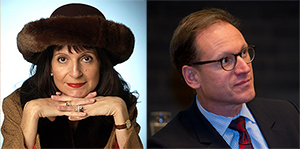
(All photos are courtesy of Roland Kupers and the IB Organization)
Sir Michael Barber dahil bana katılın ve dünyaca ünlü düşünce liderleri (İngiltere), Dr. Michael Blok (ABD), Dr. Leon Botstein (ABD), Profesör Clay Christensen (ABD), Dr. Linda Darling-Hammond (ABD), Dr. MadhavChavan (Hindistan), Profesör Michael Fullan (Kanada), Profesör Howard Gardner (ABD), Profesör Andy Hargreaves (ABD), Profesör Yvonne Hellman (Hollanda), Profesör Kristin Helstad (Norveç), Jean Hendrickson (ABD), Profesör Rose Hipkins (Yeni Zelanda), Profesör Cornelia Hoogland (Kanada), Sayın Jeff Johnson (Kanada), Bayan. Chantal Kaufmann (Belçika), Dr. EijaKauppinen (Finlandiya), Devlet Bakanı TapioKosunen (Finlandiya), Profesör Dominique Lafontaine (Belçika), Profesör Hugh Lauder (İngiltere), Rab Ken Macdonald (İngiltere), Profesör Geoff Masters (Avustralya), Profesör Barry McGaw (Avustralya), Shiv Nadar (Hindistan), Profesör R. Natarajon (Hindistan), Dr. PAK NG (Singapur), Dr. Denise Pope (ABD), Sridhar Rajagopalan (Hindistan), Dr. Diane Ravitch (ABD), Richard Wilson Riley (ABD), Sir Ken Robinson (İngiltere), Profesör Pasi Sahlberg (Finlandiya), Profesör Manabu Sato (Japonya), Andreas Schleicher (PISA, OECD), Dr. Anthony Seldon (İngiltere), Dr. David Shaffer (ABD), Dr. Kirsten Sürükleyici Are (Norveç), Başbakan Stephen Spahn (ABD), Yves Theze (ABD LyceeFrancais), Profesör Charles Ungerleider (Kanada), Profesör Tony Wagner (ABD), Sir David Watson (İngiltere), Profesör Dylan Wiliam (İngiltere), Dr. Mark Wormald (İngiltere), Profesör Theo WUBBELS (Hollanda), Profesör Michael Young (İngiltere), ve Profesör Minxuan Zhang (Çin) Onlar bütün milletler bugün karşı karşıya büyük resmi eğitim soruları keşfetmek gibi.
Eğitim Toplum Page Global Arama
C. M. Rubin o aldığı için iki çok okunan çevrimiçi serisinin yazarı 2011 Upton Sinclair ödülü, “Eğitim Global Arama” ve “Nasıl Oku Will?” O da üç çok satan kitapların yazarı, Dahil Harikalar Gerçek Alice, yayıncısıdır CMRubinWorld, ve bir Disruptor Vakfı Fellow.
C izleyin. M. Twitter'da Rubin: www.twitter.com/@cmrubinworld


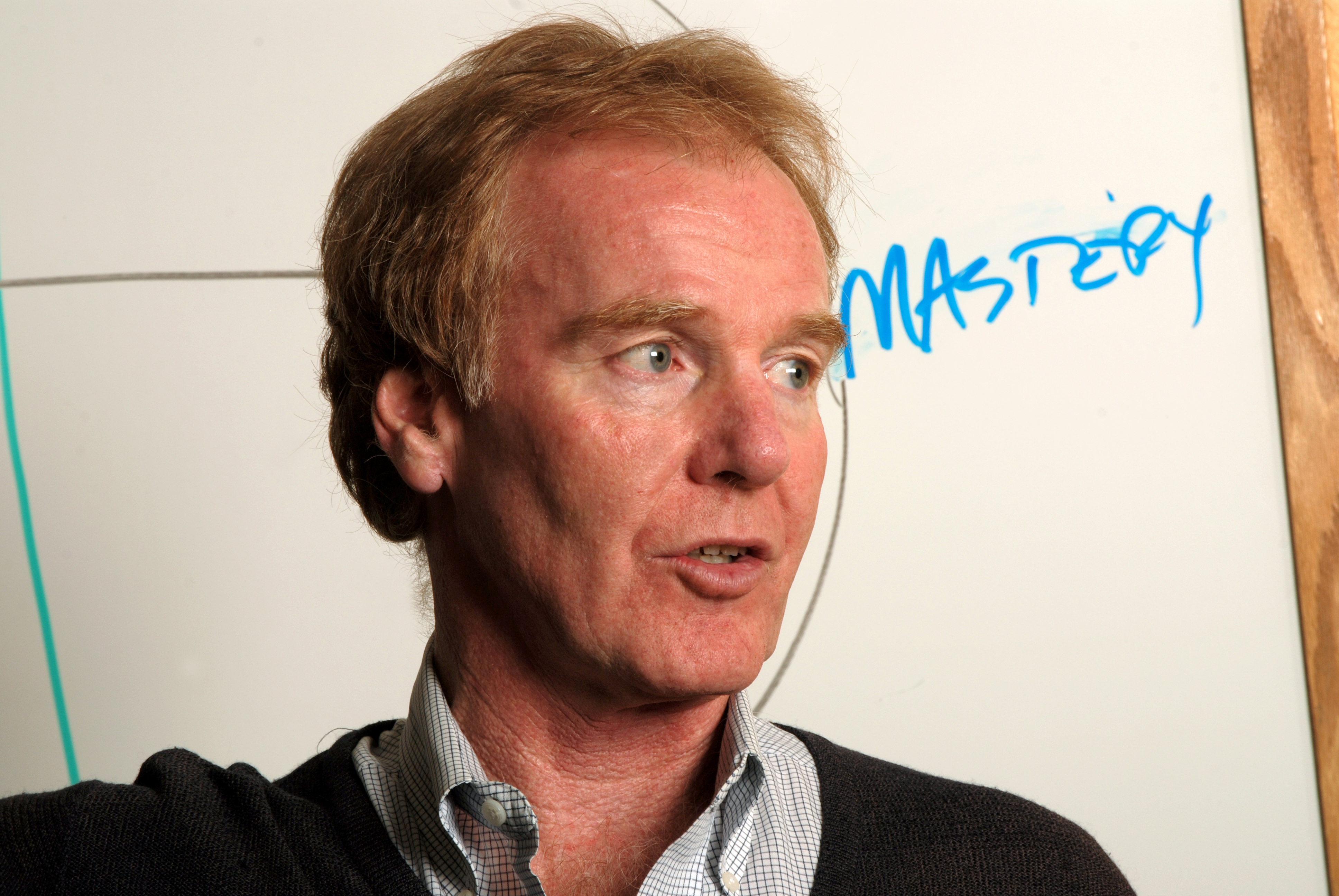
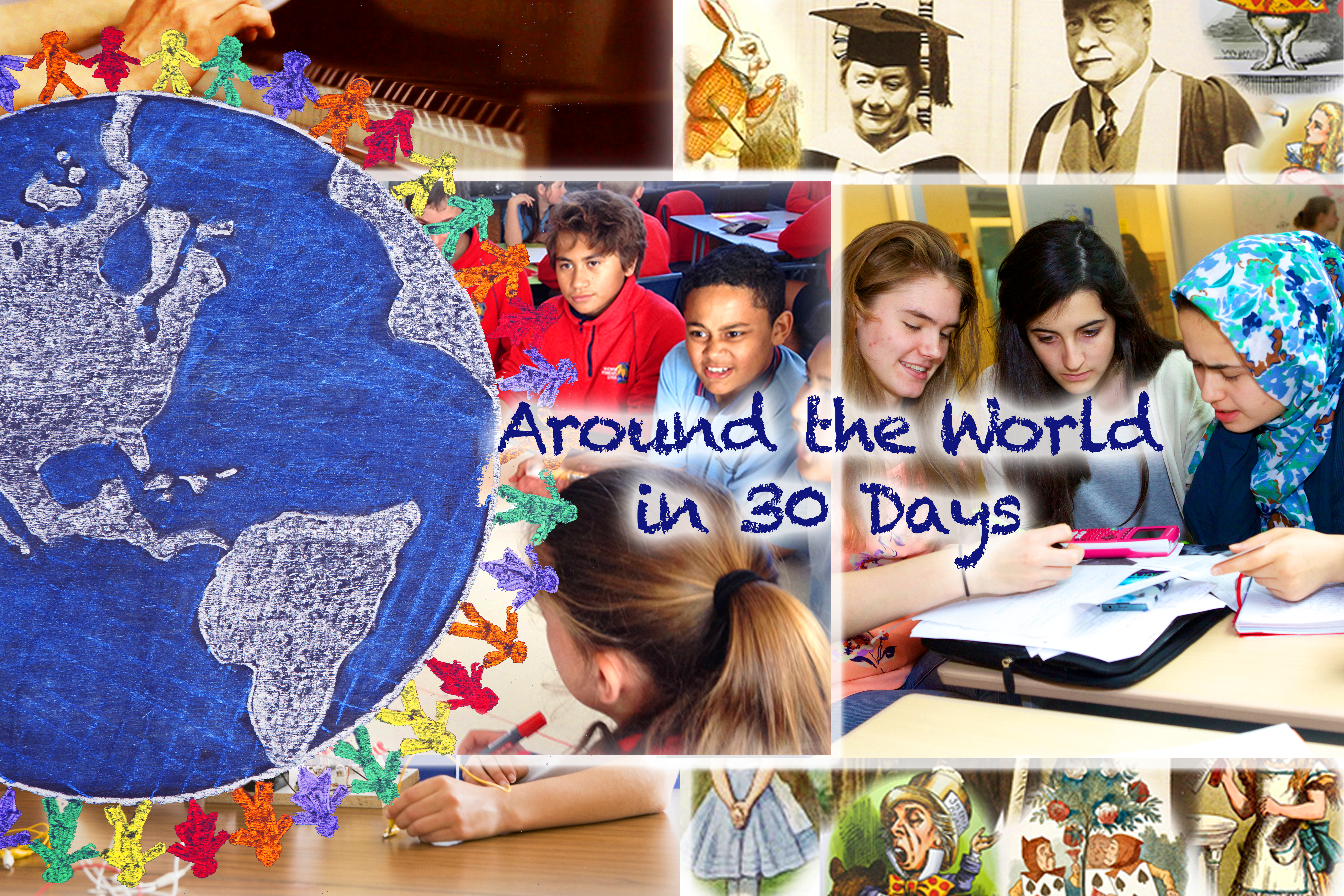
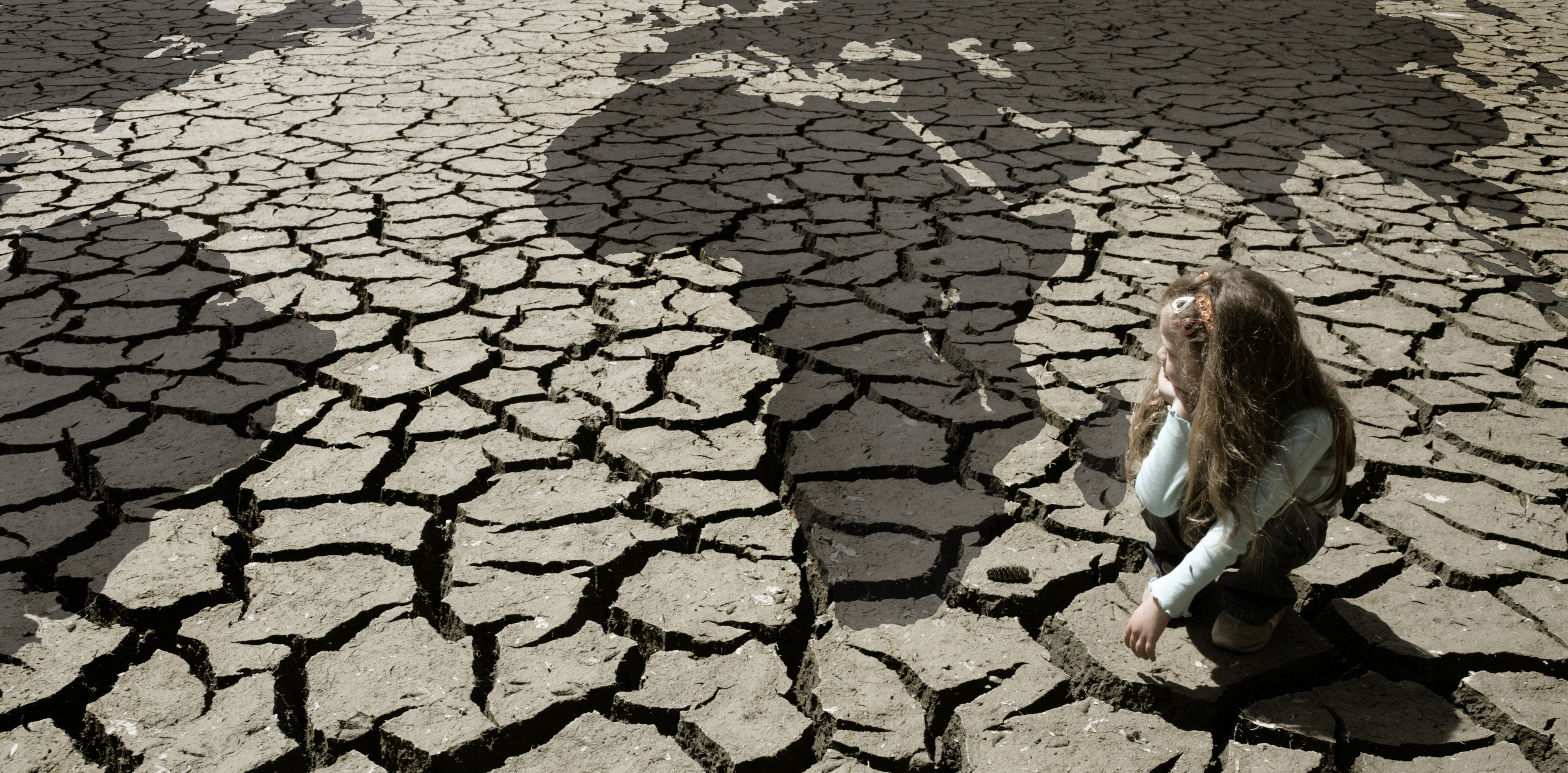
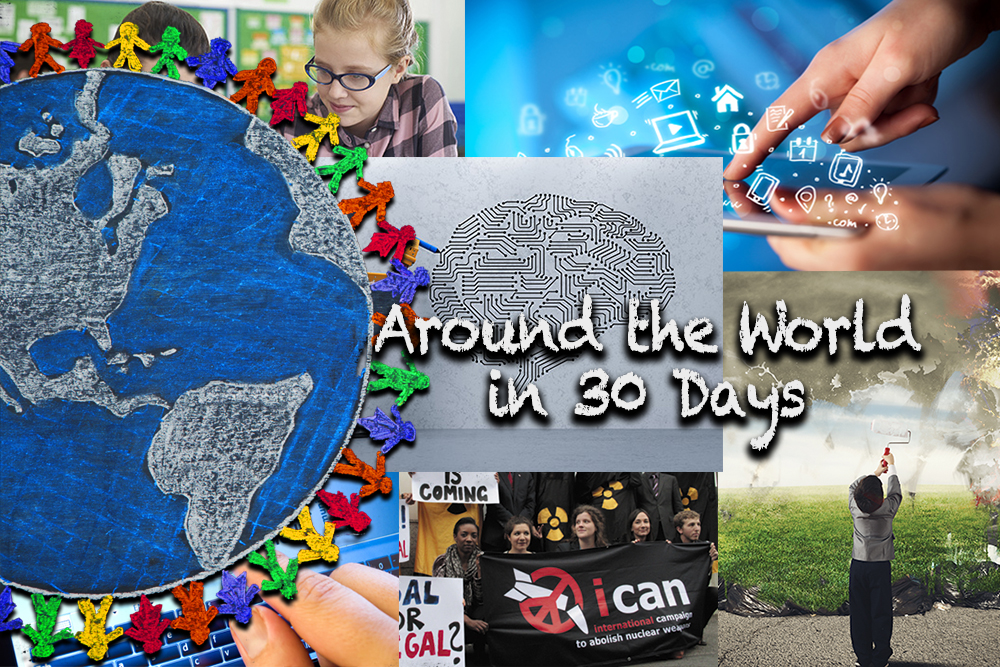
Son Yorumlar